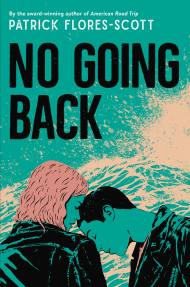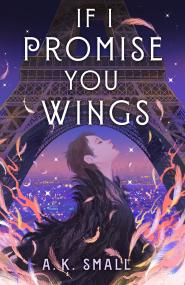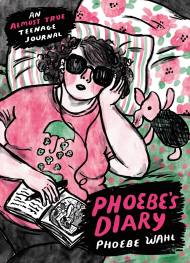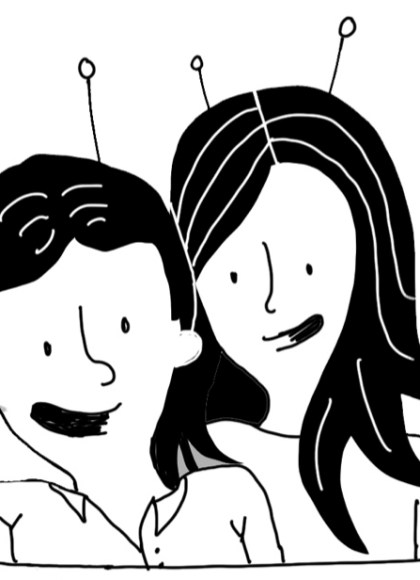Promotion
Use code MOM24 for 20% off site wide + free shipping over $45
A Mango-Shaped Space
Contributors
By Wendy Mass
Formats and Prices
Price
$8.99Price
$12.99 CADFormat
Format:
- Trade Paperback $8.99 $12.99 CAD
- ebook $7.99 $9.99 CAD
This item is a preorder. Your payment method will be charged immediately, and the product is expected to ship on or around October 19, 2005. This date is subject to change due to shipping delays beyond our control.
Also available from:
An award-winning book from the New York Times bestselling author of Jeremy Fink and the Meaning of Life and The Candymakers for fans for of Wonder and Counting by Sevens
Mia Winchell appears to be a typical kid, but she's keeping a big secret–sounds, numbers, and words have color for her. No one knows, and Mia wants to keep it that way. But when trouble at school finally forced Mia to reveal her secret, she must learn to accept herself and embrace her ability, called synesthesia, the mingling of perceptions whereby a person can see sounds, smell colors, or taste shapes.
Winner of the ALA Schneider Family Book Award
Genre:
- On Sale
- Oct 19, 2005
- Page Count
- 240 pages
- Publisher
- Little, Brown Books for Young Readers
- ISBN-13
- 9780316058254
Newsletter Signup
By clicking ‘Sign Up,’ I acknowledge that I have read and agree to Hachette Book Group’s Privacy Policy and Terms of Use







